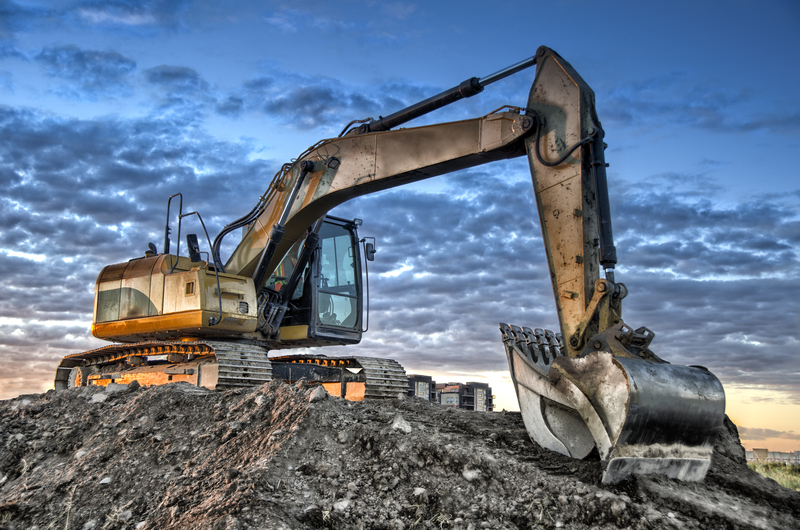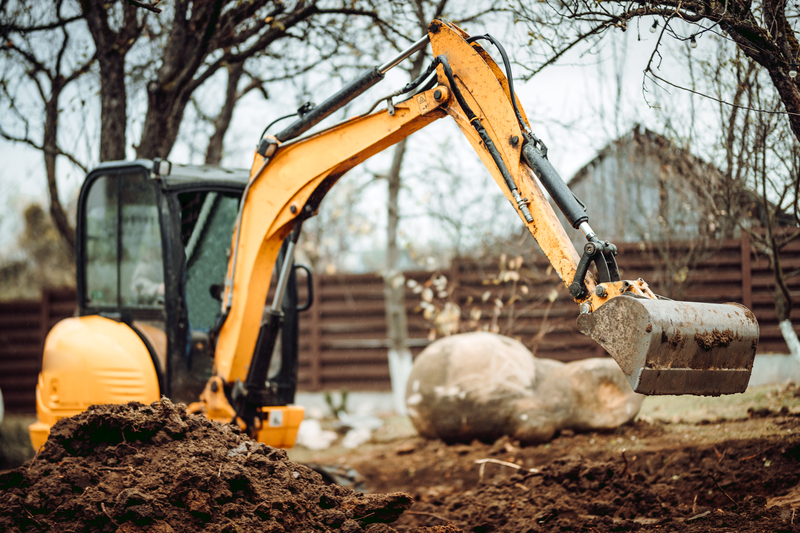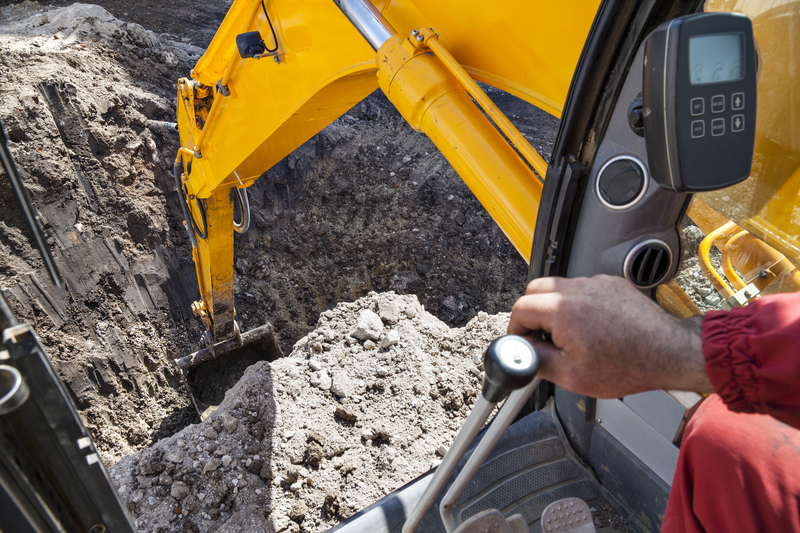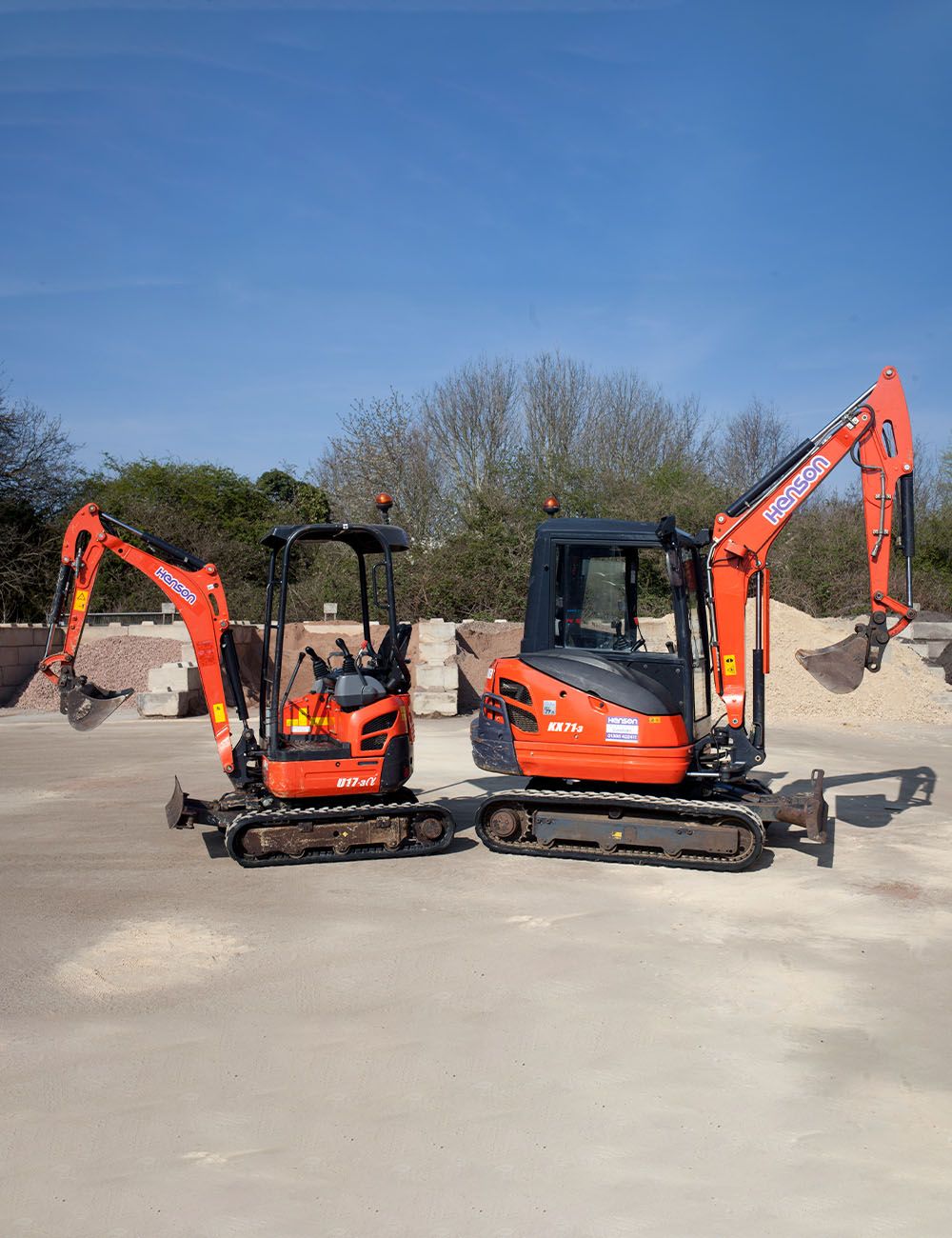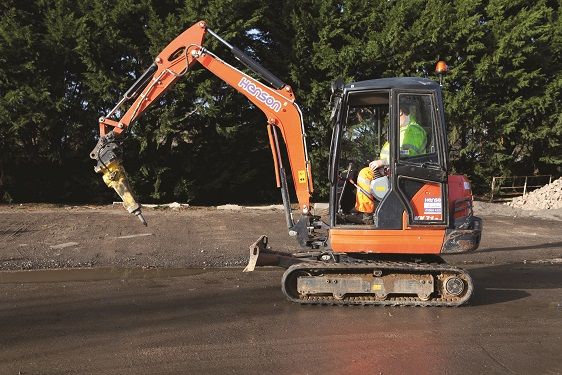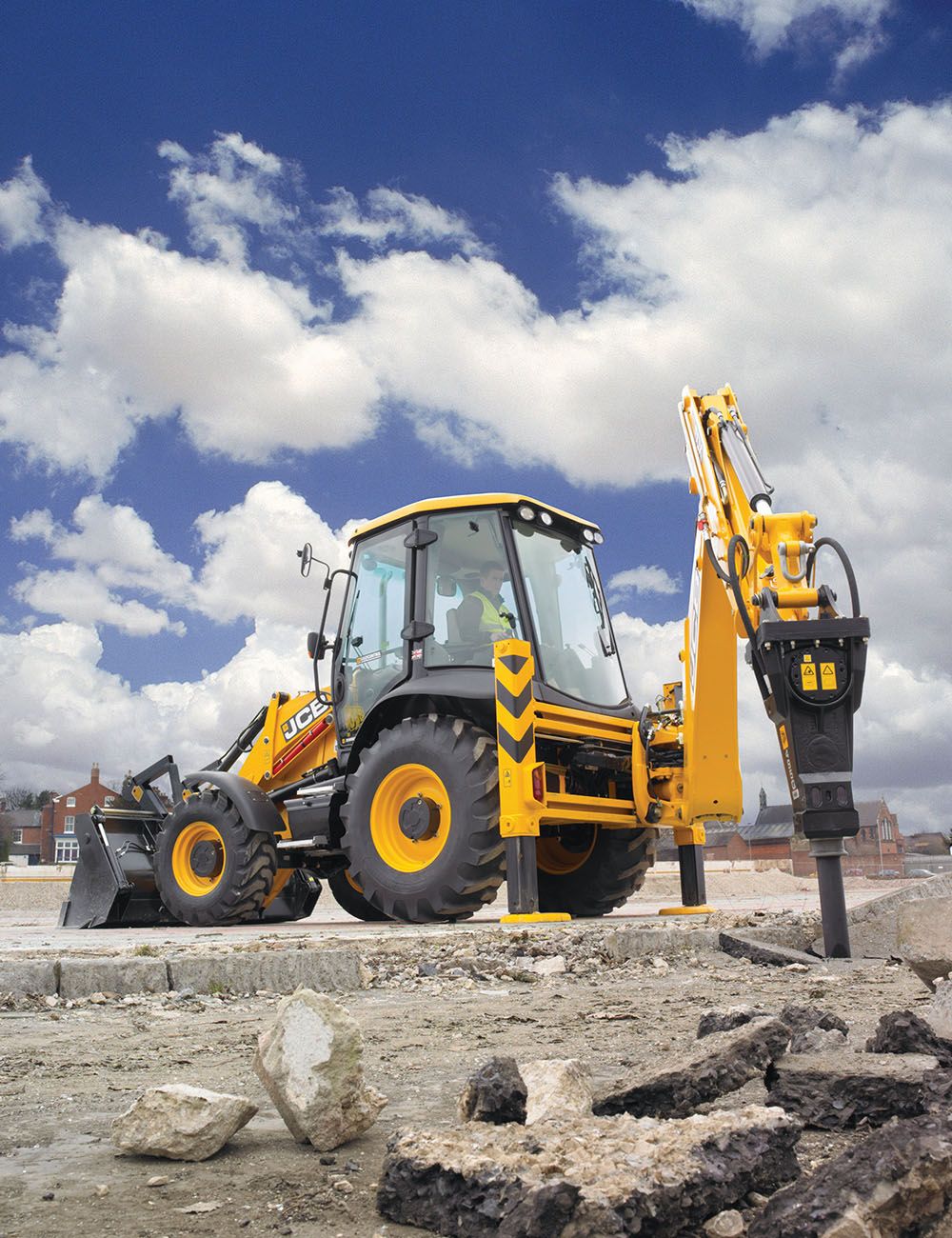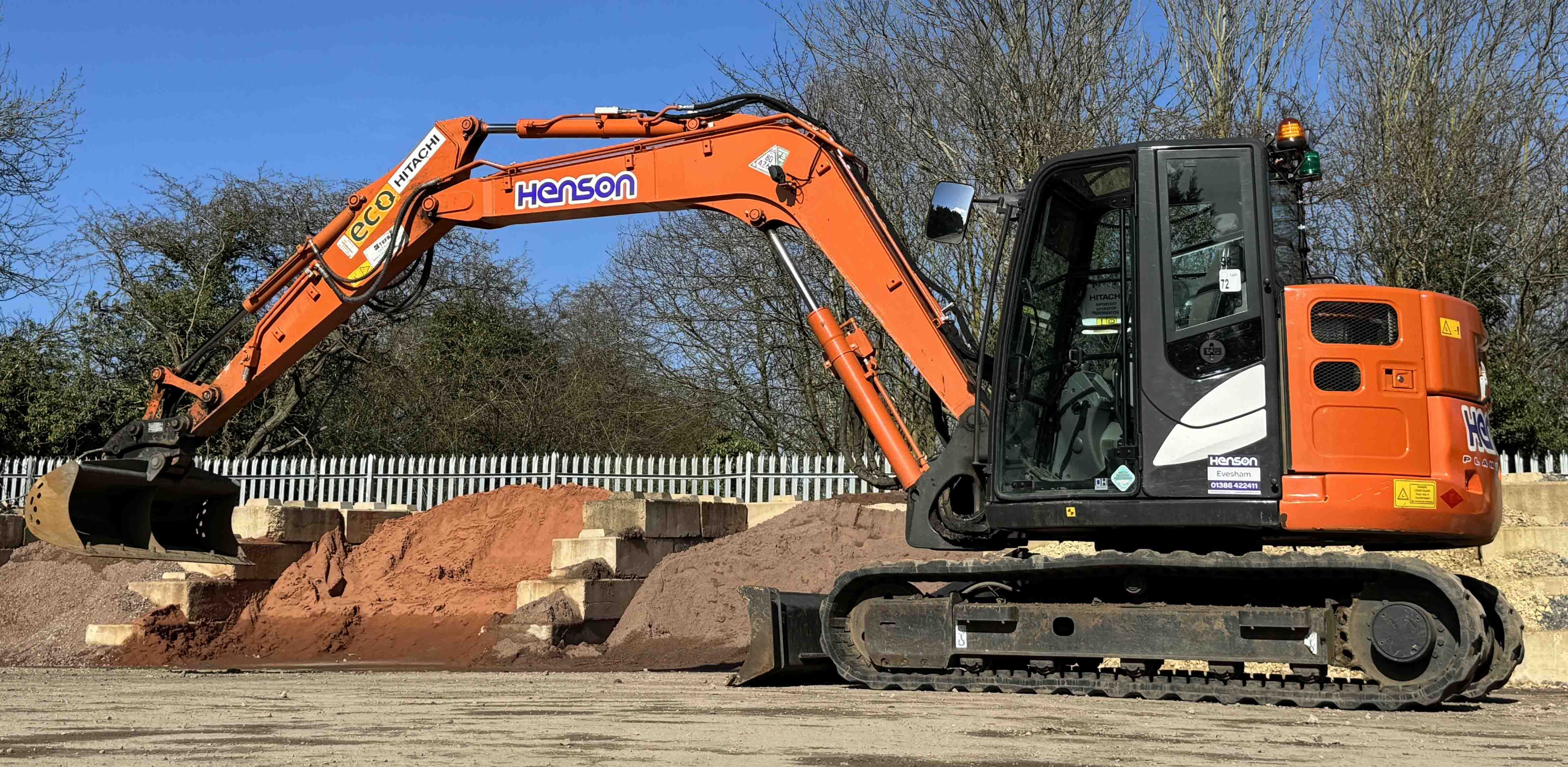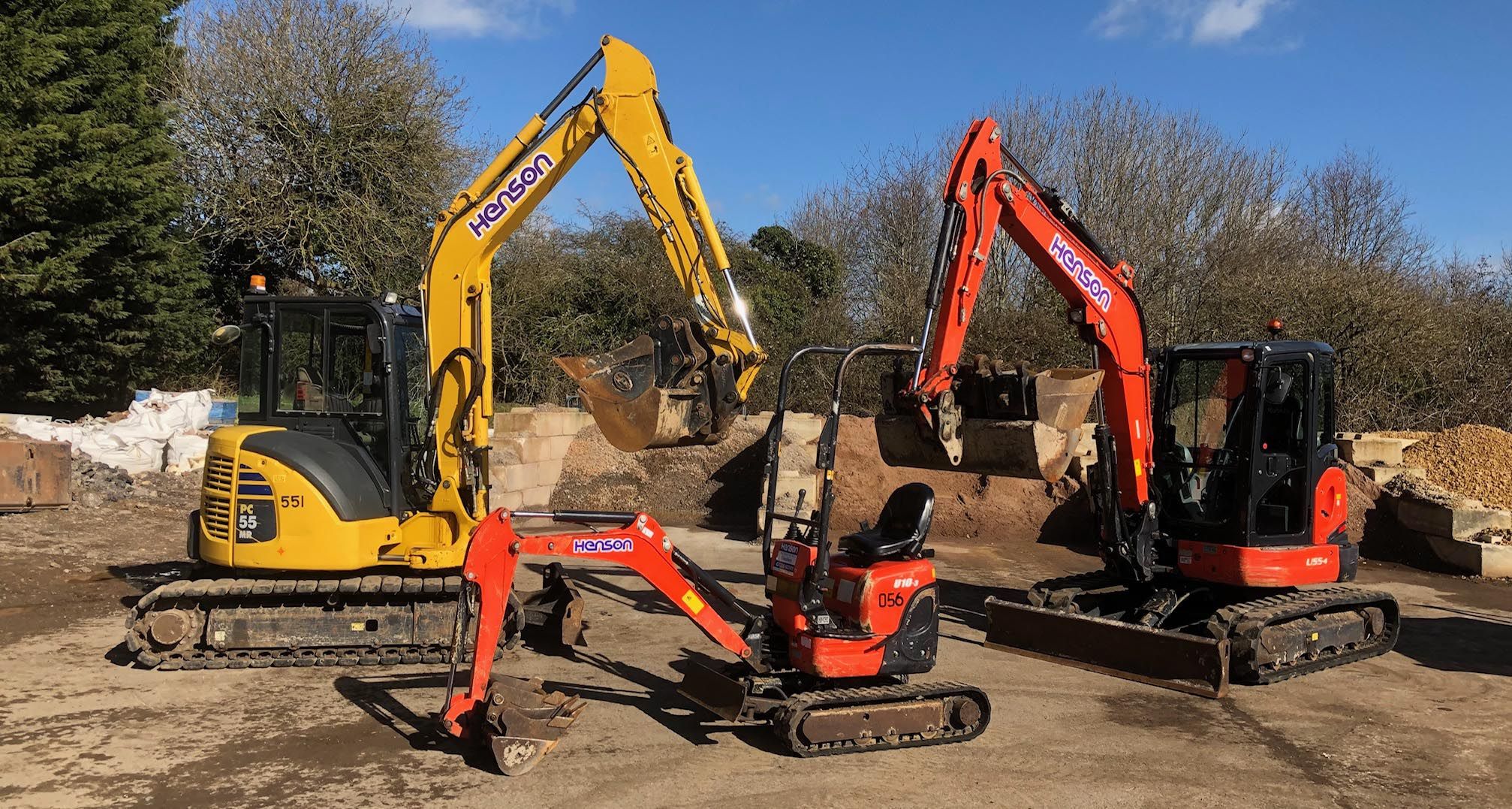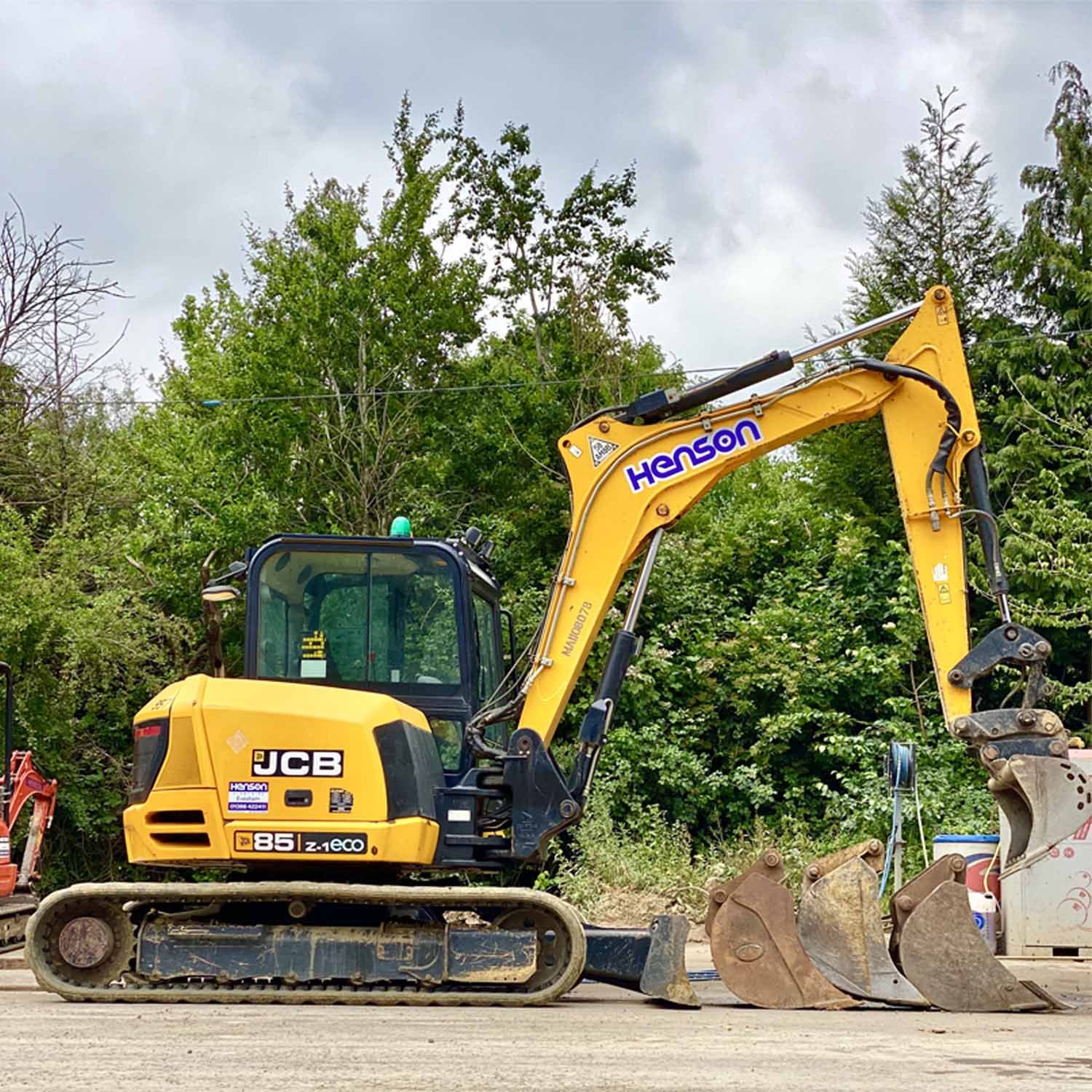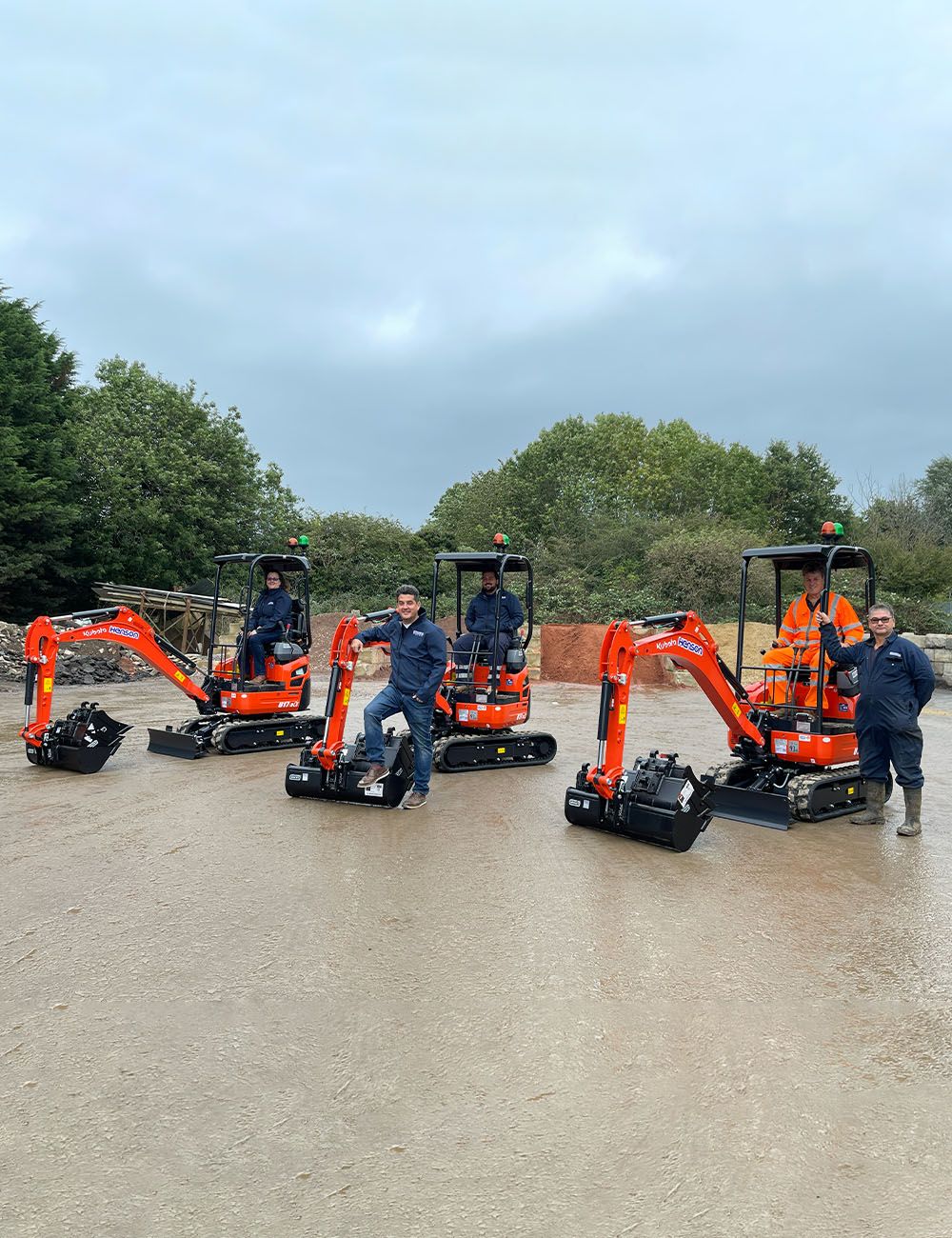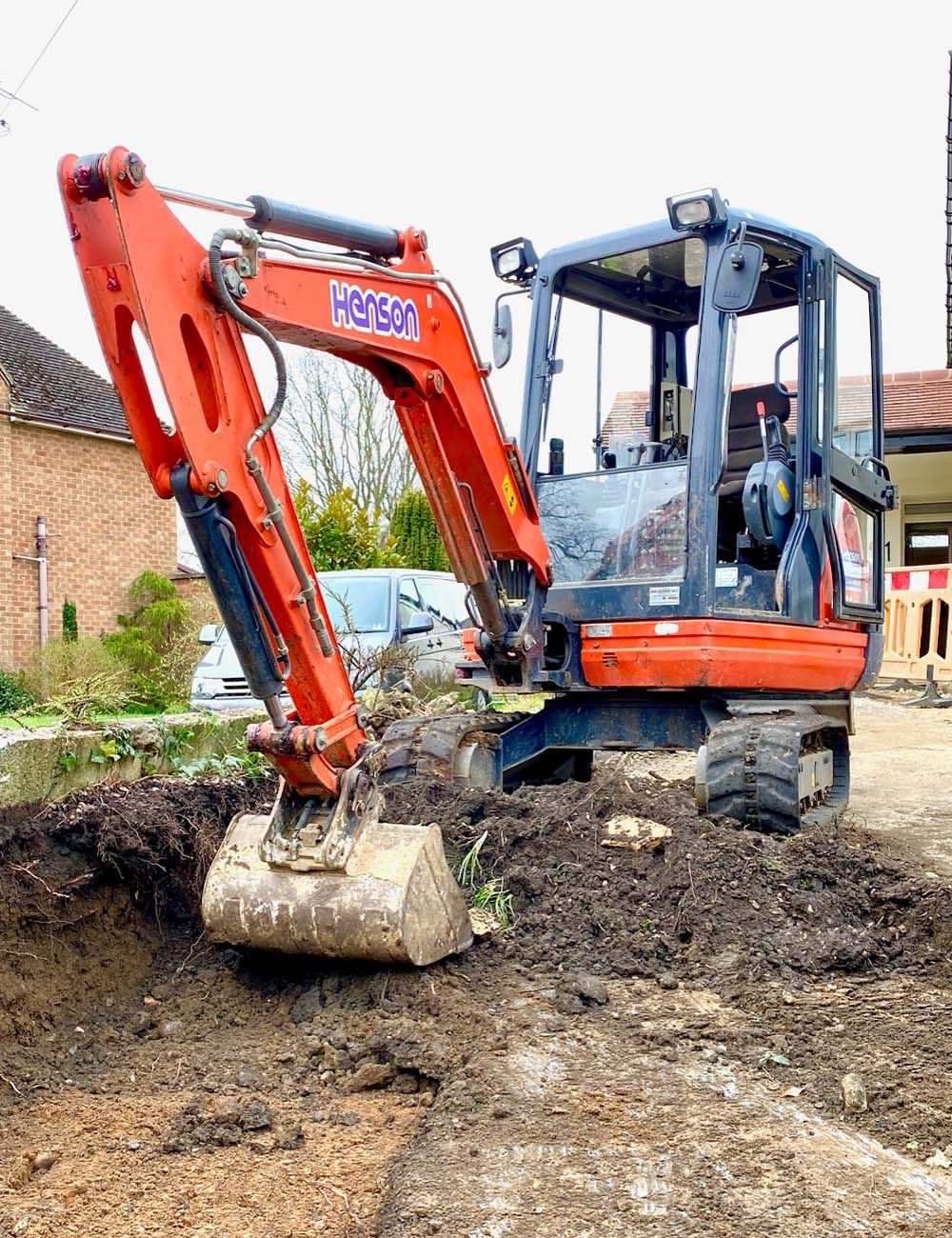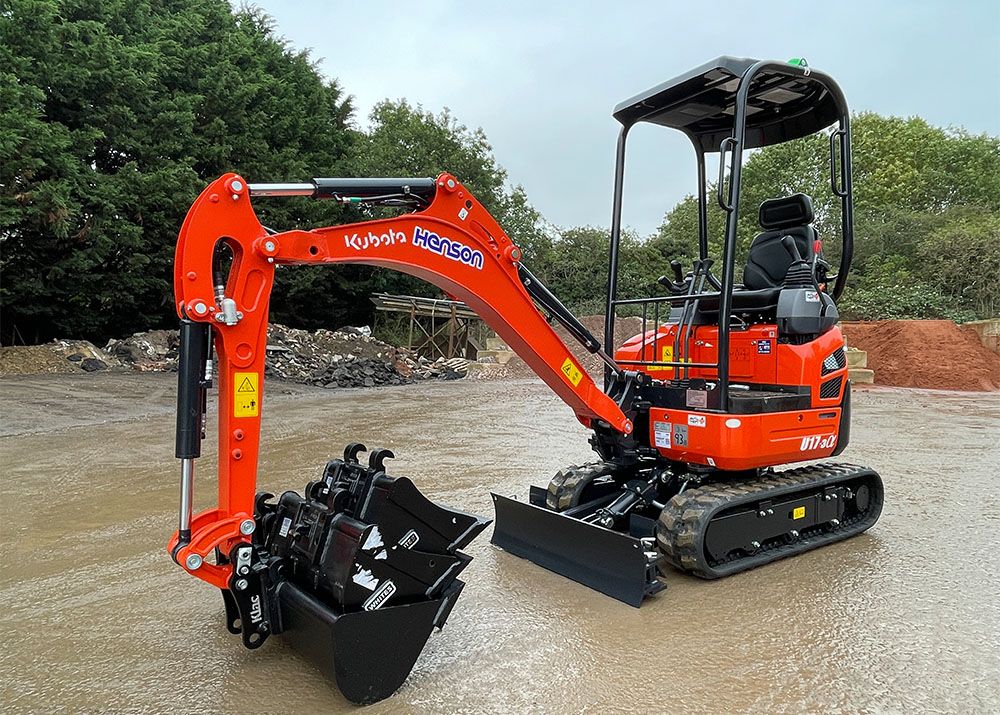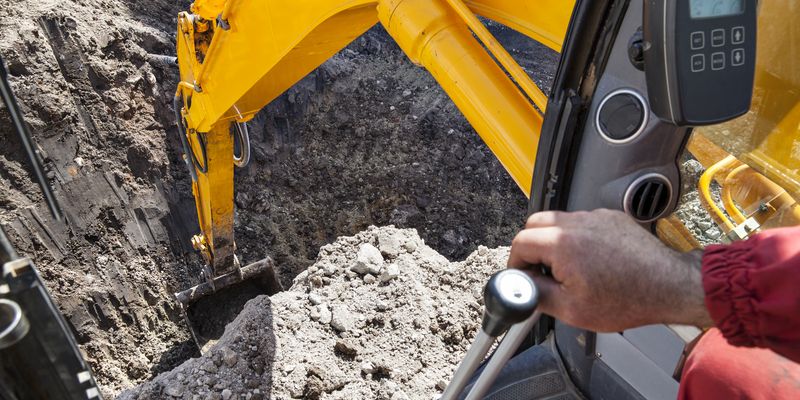
Do you need a licence to operate an excavator in the UK?
Blog
When it comes to the full range of plant hire solutions, there is a comprehensive range of machinery to choose from. Operating these heavy machines requires skill, knowledge, and a commitment to safety. If you're considering a career in construction or simply need to use an excavator for a specific project, you may be wondering about the licensing requirements in the UK. Let's delve into the question of whether you need a licence to operate an excavator in the UK and explore the relevant regulations and qualifications that come into play.
In this blog will explore the importance of understanding licensing requirements for operating excavators in the UK, including the role of certifications such as the Construction Plant Competence Scheme (CPCS) card and the significance of health and safety considerations in this field.
What is an excavator?
Excavators are powerful machines used extensively in construction, landscaping, and other industries. They are capable of digging trenches, moving large amounts of soil, and performing various tasks that help streamline construction projects.
Excavators come in various sizes and fuel efficiencies (each with their own operating weight), ranging from mini excavators weighing a few thousand pounds to large excavators weighing over 100 tons. They are commonly utilised in construction, mining, landscaping, and demolition projects, as well as for tasks such as trenching, digging foundations, clearing land, and lifting heavy objects with specialised attachments.
Excavators are known for their versatility, power, and efficiency, making them an essential tool in the world of heavy machinery. However, due to their size, complexity, and potential risks, it is crucial to understand the legal and safety aspects associated with operating excavators in the UK.
Licensing Regulations for Plant Machinery
In the UK, when it comes to operating plant hire, it's important to understand that there is no legal requirement for a specific driving licence. This distinction is crucial to highlight: operating an excavator is not the same as driving a vehicle.
Unlike driving a car, which requires a valid driving licence, operating an excavator falls under the realm of machinery operation. Driving a vehicle involves navigating public roads and adhering to traffic laws, and operating an excavator involves handling heavy equipment for construction and industrial purposes.
The absence of a specific driving licence requirement for operating excavators does not mean that anyone can hop on and start operating these machines without any training or experience. On the contrary, it underscores the need for proper training, certification, and competence in safely operating plant machinery.
It's essential to recognise that operating an excavator requires specialised knowledge and skills beyond what a standard driving licence provides. The focus shifts towards understanding the machinery itself, its controls, safety procedures, and the intricacies of tasks performed in the construction industry.
To address this, various training programs, certifications, and qualifications are available to ensure that operators possess the necessary skills and knowledge to operate excavators safely and effectively. The Construction Plant Competence Scheme (CPCS) card, for example, is widely recognised in the industry as a benchmark for demonstrating competence in operating excavators.
Construction Plant Competence Scheme (CPCS) Card
The Construction Plant Competence Scheme (CPCS) card holds significant importance in the construction industry, particularly for those who work with plant machinery such as excavators. While not legally required, obtaining a CPCS card demonstrates qualifications and competence in operating excavators and other plant machinery.
The CPCS card serves as proof or evidence of an individual's skills and abilities in handling construction plant machinery on-site. It is widely recognised across UK construction sites and is often the preferred card for plant operators. This scheme operates in accordance with the Code of Practice for Competence and Certification, ensuring that operators meet the required standards.
Why is a CPCS important?
By obtaining a CPCS card, operators not only demonstrate their qualifications but also contribute to maintaining a safe working environment. The training and assessment process associated with obtaining the card ensures that operators are knowledgeable about the machinery they operate, can identify potential risks, and know how to implement appropriate safety measures.
How to get a CPCS certificate?
To obtain a CPCS (Construction Plant Competence Scheme), there are certain requirements and steps you need to follow. Let's take a look at the general outline of the process:
Determine Eligibility:
Assess if you meet the eligibility criteria for the specific CPCS card you are applying for. Requirements may include completing relevant training, having relevant work experience, or holding specific qualifications.
Pass the CITB Health, Safety, and Environment Test:
The first step is to pass the CITB Health, Safety, and Environment test. This test assesses your knowledge of health, safety, and environmental practices in the construction industry.
Pass the CPCS Theory Test:
After passing the CITB test, you will need to take and pass the CPCS theory test. This test evaluates your theoretical understanding of operating specific types of construction plant machinery.
Complete Training:
Depending on the type of CPCS card you are aiming for, you may need to undergo relevant training to gain the necessary skills and knowledge. Training can be obtained through approved training providers.
Practical Test:
Once you have completed the required training, you will need to undertake and pass the CPCS practical test. This test assesses your practical skills in operating the specific construction plant machinery associated with the card you are applying for.
Apply for the Card:
After successfully completing all the necessary tests and training, you can apply for the CPCS card. The application process will require providing relevant documentation and paying the appropriate fees.
Training and Safety Measures
Proper training and certification for operating excavators are of utmost importance in ensuring safety, minimising risks, and enhancing professional credibility within the construction industry.
Training plays a critical role in equipping operators with the necessary knowledge and skills to operate excavators safely and efficiently. It covers essential aspects such as equipment operation, maintenance, and understanding relevant safety protocols. Through training, operators learn how to manoeuvre the machine properly, interpret warning signs, and respond to potential hazards on the job site.
By undergoing comprehensive training, operators gain a deeper understanding of the potential risks associated with excavator operation. They learn how to identify and mitigate these risks, such as unstable ground conditions, overhead obstructions, or the presence of underground utilities. This knowledge allows them to make informed decisions and take appropriate precautions to prevent accidents and injuries.
Certification further reinforces an operator's competence and adherence to industry standards. It provides tangible evidence that they have successfully completed the required training and assessments, demonstrating their proficiency in operating excavators. Certification, such as the Construction Plant Competence Scheme (CPCS) card, enhances an operator's professional credibility and validates their skills to potential employers and clients.
The benefits of training and certification extend beyond safety considerations. Well-trained operators are more efficient in their work, leading to increased productivity and cost-effectiveness. They can effectively navigate challenging terrain, perform tasks with precision, and troubleshoot minor issues that may arise during operation. This level of expertise helps minimise downtime and optimises project timelines.
Regulations for Different Types of Excavators
It is important to note that regulations regarding the operation of excavators can vary based on the type and size of the equipment. Different jurisdictions may have specific requirements and guidelines that operators must adhere to, depending on the characteristics and capabilities of the excavator being used.
To ensure compliance with the applicable regulations, it is highly recommended that readers consult relevant authorities or training providers in their respective regions. By consulting with authorities or training providers, operators can gain a clear understanding of any licensing or certification requirements, as well as any additional training or qualifications that may be necessary for specific excavator categories. They can also receive guidance on safety protocols, operational guidelines, and any restrictions or limitations that may apply.
Training providers, such as recognised training centres or institutions, can also offer valuable insights into the specific training programs available for different types of excavators. Taking the time to research and understand the specific regulations and requirements for operating different types and sizes of excavators is crucial for maintaining compliance and ensuring the safety of both operators and those working around them.
Final thoughts
In conclusion, it is important to prioritise safety through adequate training and certification when operating excavators in the UK. While there may not be a specific licence requirement, it is crucial to understand the necessary qualifications and training needed for safe and efficient operation.
Training equips operators with the knowledge and skills to operate the equipment safely and effectively, while certification provides tangible proof of their competence and adherence to industry standards. Skilled operators who have undergone proper training can work more efficiently and navigate potential hazards with caution. This not only improves project timelines and cost-effectiveness but also contributes to regulatory compliance.
Here at Henson Plant, we have a range of services to offer our customers. For any plant hire service or business enquiries, please contact us.
Articles
